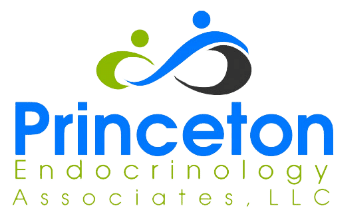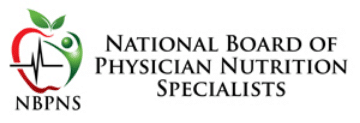High cholesterol is a common issue for millions of Americans, and it can increase your risk of heart attack and stroke. Lower your risk of complications and improve your overall health by visiting Princeton Endocrinology Associates for a cholesterol screening. Located in Princeton, New Jersey, the team has special training in lipidology and extensive experience in combining lifestyle changes with appropriate medications to lower cholesterol. To learn more, call the office or book an appointment online today.
High Cholesterol Q & A
What is high cholesterol?
Cholesterol is a waxy, fat-like substance produced by your liver. It’s responsible for forming cell membranes and vitamin D, and producing some hormones. There are two main types of cholesterol: low-density lipoproteins (LDL) and high-density lipoproteins (HDL).
LDL is sometimes called “bad cholesterol” because it can build up along the walls of your arteries, leading to a narrowing of your blood vessels and increasing your risk of blood clots. HDL is sometimes called “good cholesterol” because it breaks down LDL and prevents it from sticking to your artery walls.
When there is too much LDL and not enough HDL, you’re diagnosed with high cholesterol.
What causes high cholesterol?
A number of factors can contribute to high cholesterol, including:
- Unhealthy diet
- Lack of exercise
- Smoking or using tobacco products
- Being overweight or obese
In some cases, high cholesterol may have a genetic component. This may be the case if you eat a fairly healthy diet and maintain a normal weight, but are still diagnosed with high cholesterol. Depending on the cause of your high cholesterol, the team recommends appropriate treatment options.
What are the symptoms of high cholesterol?
Unfortunately, there are no specific symptoms of high cholesterol. If you don’t get tested, you might not find out you have high cholesterol until after you suffer a heart attack or stroke. Since high cholesterol can lead to life-threatening emergencies, it’s best to be tested regularly.
How is high cholesterol diagnosed?
The team recommends regular cholesterol screenings during your annual physical, or as needed depending on your age and overall health. Cholesterol screenings involve a simple blood test.
A sample of blood is drawn from your arm and tested to identify the levels of LDL and HDL. Depending on the ratio between the two, your provider diagnoses high cholesterol if you have too much LDL and not enough HDL.
How is high cholesterol treated?
In most cases, high cholesterol treatment begins with diet and exercise. Your provider may recommend that you lose weight or quit smoking, if appropriate. If these conservative measures aren’t enough to lower your cholesterol within a few months, your doctor prescribes cholesterol-lowering medications.
Schedule a cholesterol screening now by calling Princeton Endocrinology Associates or booking a visit online.










